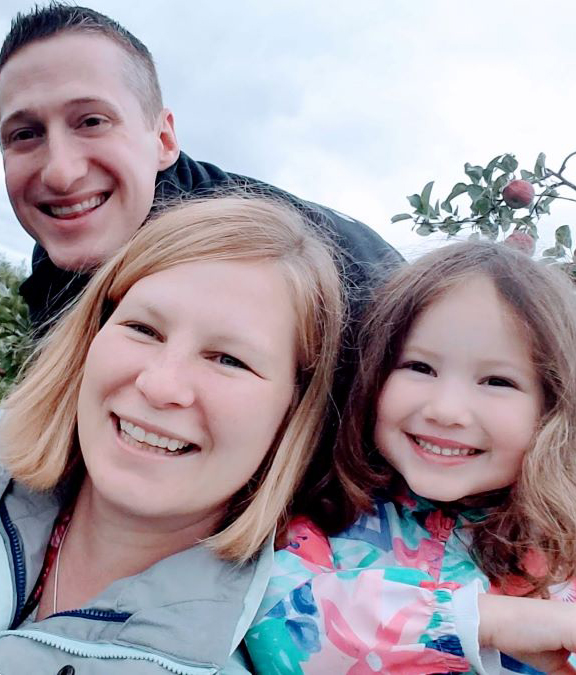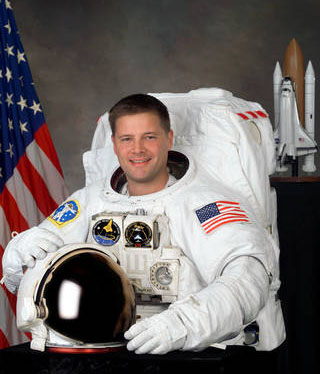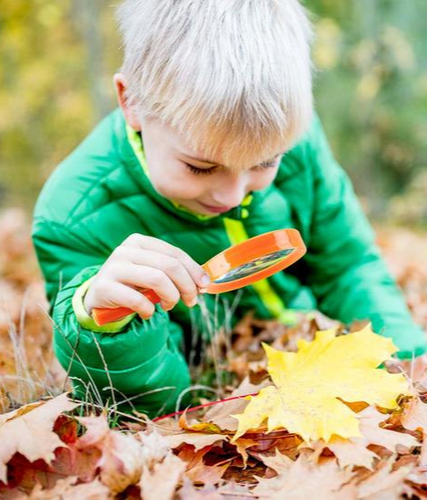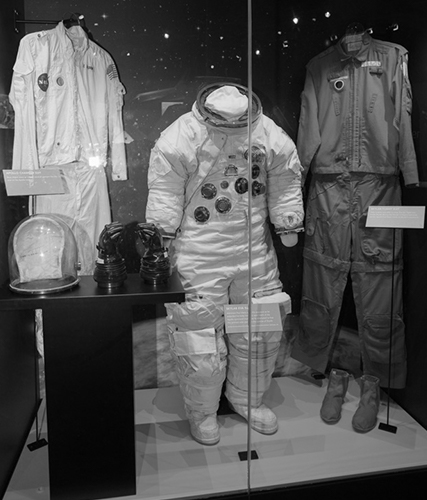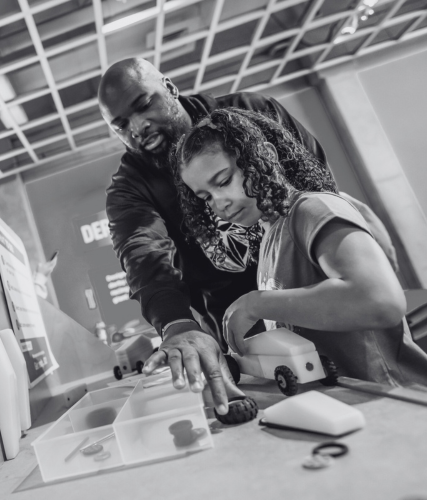The Young Scientist – Encouraging Curiosity in Young Children
By: Kristen Antosh, Creator and Blogger at www.momgineeringthefuture.com
Young children and babies love to explore, observe and experiment (many, without fear) in their new world. It comes natural to them to be curious. They observe and learn about how the world works through their experiences and their curiosity. Everything they are exposed to in the first several years of life is completely brand new to them, which makes for a lot of real-life experimentation. They truly are young scientists!
In addition to learning every day through continuous exploration, medical professionals tell us that the brain synapses (the parts responsible for how we think, move and react) are rapidly connecting. This is especially true in the first five years of a child’s life. So, their young brains are soaking up everything that they are learning!
If we take careful advantage of this timeframe in a young child’s life, think about how many confident children we could have in school studying STEM subjects and how many incredible problem solvers we might have someday in the world!
To encourage your child’s curiosity, let your child lead the way and decide their own interests, then be their guide to help them explore those interests more in depth with you. Here are some additional tips and ideas:
1. Set aside 20 minutes each day to observe your children while they are independently playing. This will help you understand which toys and activities they really love and enjoy. Then, think about ways to encourage your child to become more curious about them.
2. Get creative in your word choice and ask them open-ended questions. Use scientific words like “experiment,” “hypothesis,” “buoyancy,” “gravity,” “density,” “viscosity,” etc. to further build their vocabulary. If they have good language skills, ask them what they think might happen next (their hypothesis) as they explore. If they don’t know the answer, show them and explain it to them.
3. Look at their world from an experimental and curiosity point of view. For example, both of my children went through a phase as infants that included constantly and intentionally dropping their utensils on the floor. They were testing gravity and deeply experimenting over and over.
4. Be creative with typical activities to expand their curiosity. For example, I purposely give my toddler different toys that will either float or sink in the bathtub so she can experiment with buoyancy. We talk about why some sink and some float and I use the word “buoyant.” Another idea would be, on those sleepless nights with your child, why not explore the stars outside and introduce them to astronomy. Take an active part in pretend play. My oldest child has a tremendous imagination and loves to learn through play. Since she loves the topic of space, I use it as an opportunity to talk about rockets, planets, astronaut suits, the International Space Station, satellites, etc. all through pretend.
5. Take an active and responsible role in their interests and curiosity. If you don’t know the answers to their questions, agree to look up the information together either on the Internet, at the local library or check out the nearby science center!
The most important aspect of exploration and curiosity at this age is making it fun!


